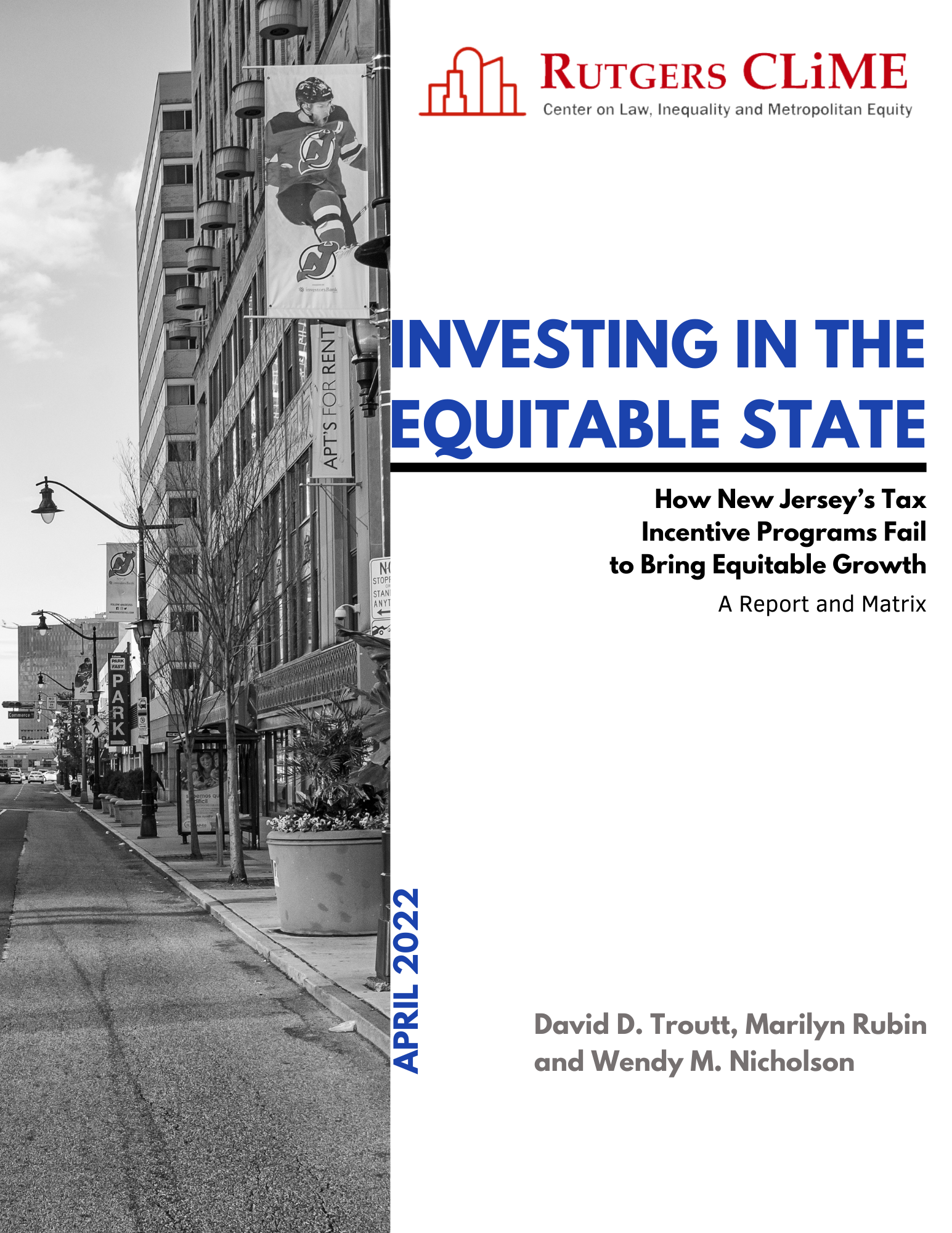This is a report about how cities can better organize and manage their data about the property they own in order to promote transparency and advance critical policymaking. Newark, like many legacy cities, owns hundreds of parcels through tax foreclosure and abandonment that can be put to more productive use and even generate needed revenue. Because of different inputs from different departments, its property data system contained duplication and gaps that prevented policymakers and stakeholders from getting a clear picture of these public assets. In partnership with city staff, CLiME helped to resolve the data organization problem and set property management on a new, more accurate and user-friendly course. Along the way, we learned details about the nature and amount of city-owned properties, how they’re zoned and where they’re located. We concluded that much more of this significant inventory can and should be put to work advancing long-held goals of equitable development. We built three demonstrations to simulate this usage that cover three major areas of policy: affordable housing production, commercial and industrial development and green space/environmental risk mitigation. Each of these is an area in which the Baraka administration is already active in setting aggressive policies. Some of those policies already make use of the asset of city-owned land. Until recently, it was impossible to see the scope of particular uses because the data did not readily permit it. Now the data is cleaner and clearer.
Individual break-out reports from the full report are also available:
Simulation 1: Facilitate Development of 2,500 Units of Affordable Housing
Simulation 3: Transform abandoned spaces into green tools for climate resiliency and placemaking



